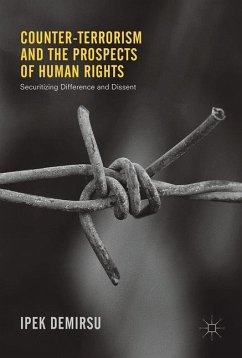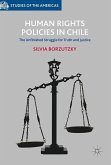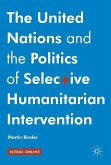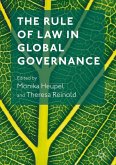This book offers a systematic analysis of how the interaction between language of security and language of rights produces policies which not only affect everyday functioning of democracy, but also redefine the understanding of sovereignty. Demirsu presents a rich theoretical framework and a novel methodological design, premised on a multi-method qualitative research that offers a comparative analysis of counter-terrorism and human rights in Turkey and the United Kingdom. While Part I offers an analysis of the evolution of these two key policy-areas in relation to each other, Part II presents the findings of the frame analysis of parliamentary debates, both concluding by mapping out cross-cutting patterns in these two cases. As a result, the author demonstrates in detail how discourse and policy-making are mutually constitutive from a comparative angle.
"Counter-Terrorism and the Prospects of Human Rights explains the risks by keeping on the march in this direction. ... this valuable book exhibits a more than interesting effort to discuss critically the future of democracy in the years to come while interrogating further on the manipulations often suffered by democracy in the hands of populism." (Maximiliano E. Korstanje and Geoffrey Skoll, International Journal of Risk and Contingency Management, Vol. 7 (3), July - September, 2018)








